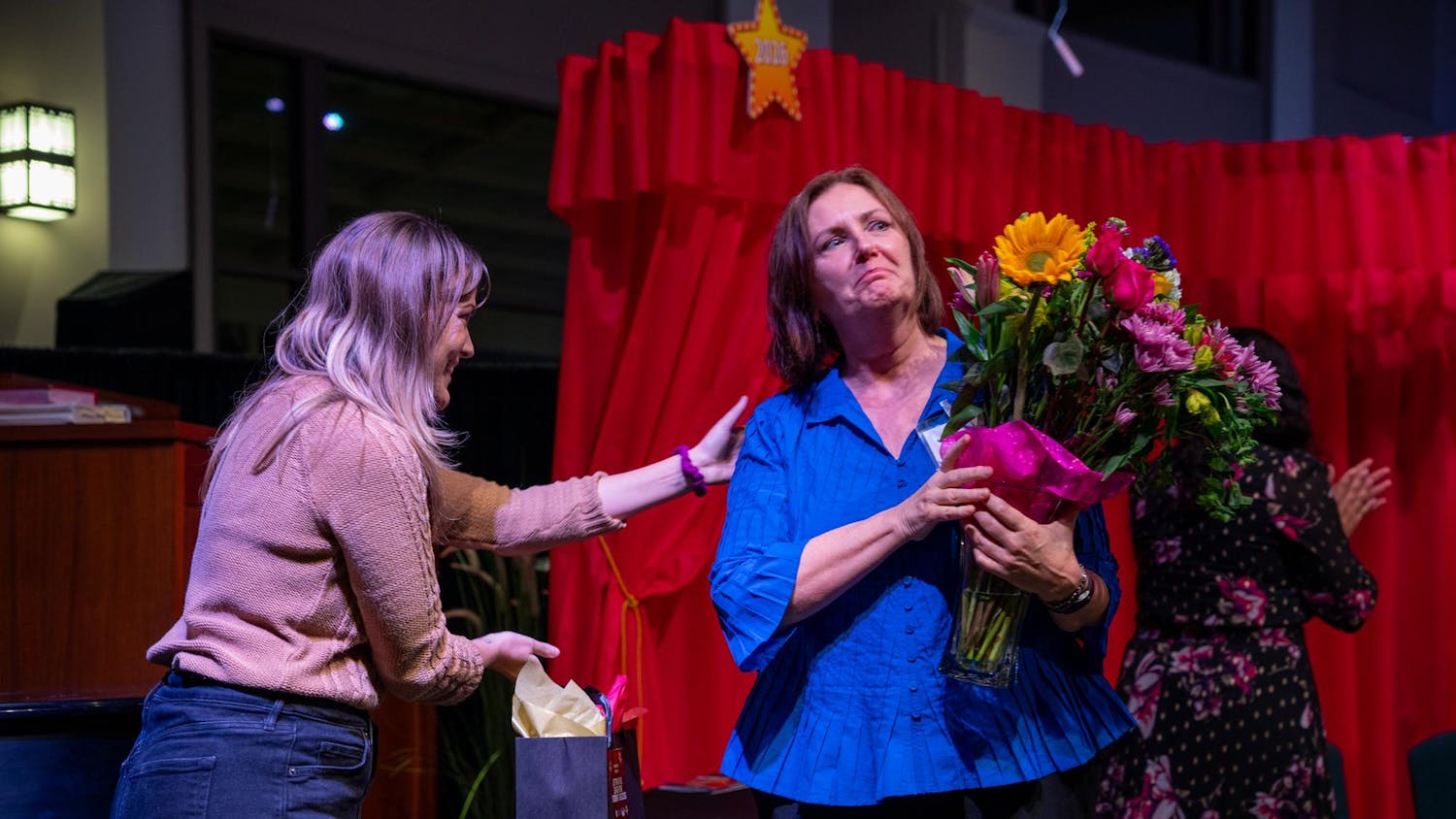Often, Student Government election ballots not only include candidates, but also questions. Recent ballots have included constitutional amendments and referendums. Students can submit these questions through petitions with signatures from fellow students. Through this process, students may directly shape their elected officials’ policies. Though rarely used recently, students can also petition to add an initiative. Initiatives, if passed, amend Student Body Law, which governs SG and student organizations. To appear on the ballot, initiatives need signatures from 2 percent of all students.
Over the last several months, I led a team in collecting 1,212 student signatures for a petition to add an initiative to the ballot. After the Chief Justice of the Supreme Court accepted at least 1,000 of these signatures last Thursday, she appeared poised to add the initiative. However, Justice Chris Boyett, founder of Impact Party, raised an objection. But instead of objecting the initiative at hand, he questioned the constitutionality of the election laws which allow for students to place initiatives on the ballot.
Caught off guard by this interpretation, I read Article I, Section 2(b) from the Student Body Constitution to the Court, which describes the process as a students’ “basic right.” I went on: as defined in §700.4(r), “‘Initiative’ means a ballot vote proposing to revoke, amend, or adopt Student Body Law.” Despite these clarifications, Justice Boyett insisted for nearly an hour the word ‘initiative’ actually means ‘constitutional amendment.’
Despite affirming that we had collected enough signatures to place an initiative on the ballot per the election laws, the Court unanimously agreed with Justice Boyett’s and reinterpreted the word “initiative” to mean “constitutional amendment.” The Court ignored my pleas. Rejecting precedent and clear evidence, the Court killed the process by which students could change Student Body Law.
Mouth agape, I was consoled by friends. It occurred to one of these friends that the Court must follow the state’s Sunshine Laws and give adequate public notice of any hearing before it takes place. My friends rushed to the SG Public Notice Board at the Reitz Union, but didn’t find any public notice of the hearing. We then checked the online SG calendar. Again, there was no public notice. Because the Court apparently failed to make any attempt at adequate public notice, the hearing was unlawful. As such, I have filed to argue before the Court that a new hearing, this time compliant with state law, must take place.
I call upon the the Court to take this opportunity to revisit evidence, consider the ramifications of forever removing the basic right to amend Student Body Law from students and think of the 1,212 students whose participation in the democratic process they so unexpectedly denied.
Zachary Amrose is a UF political science sophomore.





